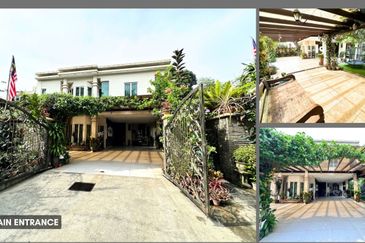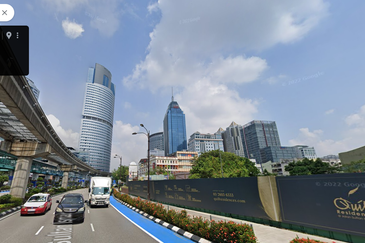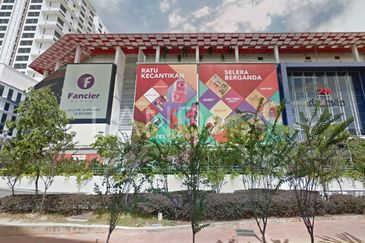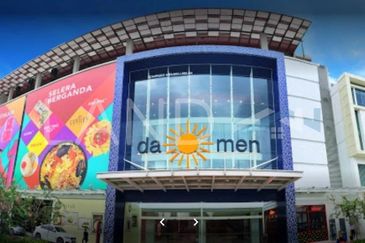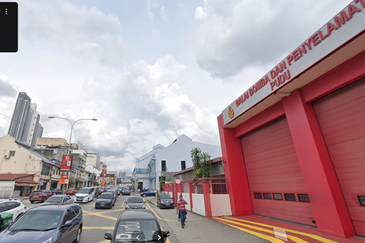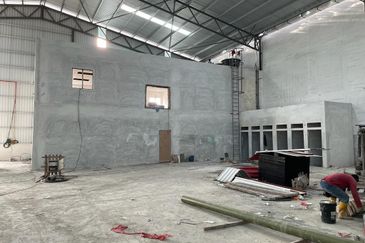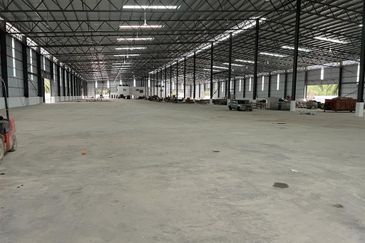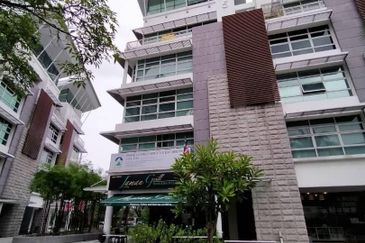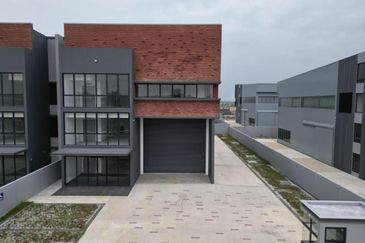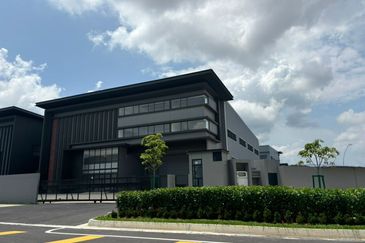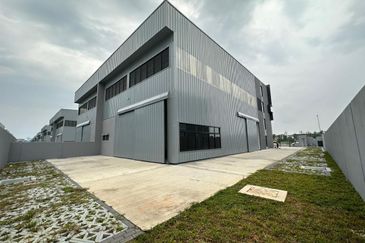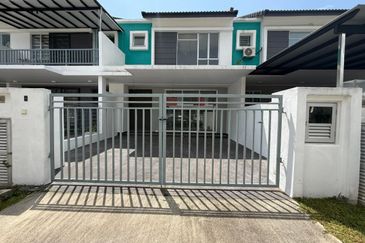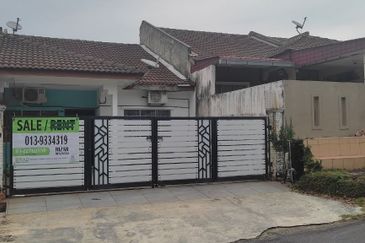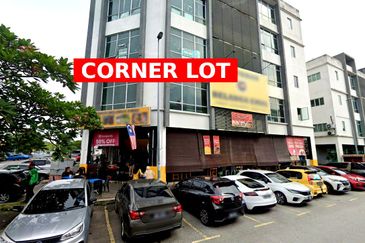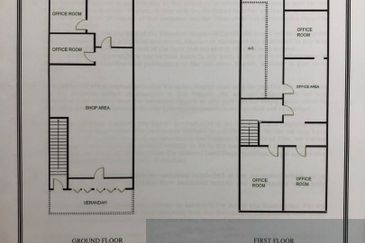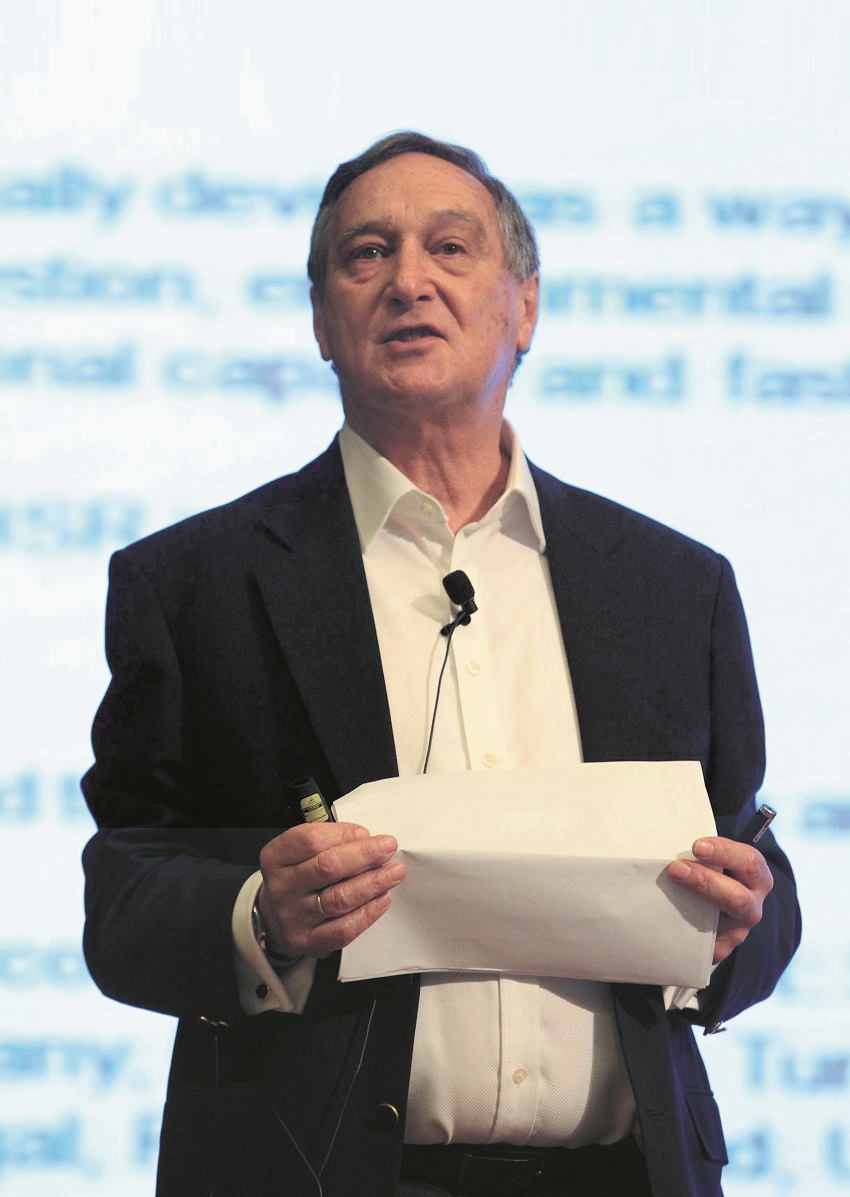
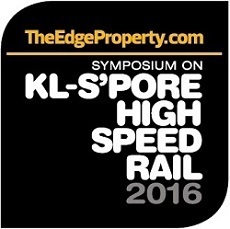 THE planned Kuala Lumpur-Singapore High Speed Rail (HSR) may not be revolutionary but will, nevertheless, contribute to Malaysia’s development growth.
THE planned Kuala Lumpur-Singapore High Speed Rail (HSR) may not be revolutionary but will, nevertheless, contribute to Malaysia’s development growth.
“The 350km rail link is a very valuable piece of infrastructure that will augment — not supplement — all the other forms of transport which we already have had for decades in Malaysia, including rail, road, air and even sea,” said Savills Malaysia executive chairman Chris Boyd during his talk at TheEdgeProperty.com’s “Symposium on Kuala Lumpur-Singapore High Speed Rail 2016” on Aug 27.
“To some extent, some developments in Malaysia will become future-proof, particularly those developments that will be seamlessly linked to the HSR stations,” he added.
In Malaysia, he reckons Bandar Malaysia, where the proposed HSR terminus in Kuala Lumpur will be located, will enjoy immediate positive impact from the HSR as major rail projects usually have an impact on surrounding property values.
Bandar Malaysia is a 486-acre project with an estimated gross development value (GDV) of RM200 billion. The project is located on the former Sungai Besi air force base and its development will be carried out over three to four phases and likely take 20 to 25 years to complete.
Besides the HSR terminus, the development will be home to the Express Rail Link (ERL), Keretapi Tanah Melayu (KTM) and the Mass Rapid Transit (MRT) Lines 2 and 3.
Looking at high speed rails in China, France, Germany and Japan, Boyd said the HSR is expected to bring six potential benefits — increased demand for travel, increased job mobility and opportunities, enhanced accessibility, enhanced economic cooperation between areas, and the optimisation of businesses. These factors will then support economic growth and push up property values within certain parameters.
On the impact of the HSR on property values, Boyd said rather than a property boom, property values will increase gradually as the HSR is a long-term project.
Boyd warned that investors have to be aware that property values will not increase overnight while they are looking at the areas surrounding the HSR stations for investment. “You won’t see massive overnight increases in property values, it is going to be long-term and gradual,” he said.
Besides, he added, the impact is typically limited to those properties in the immediate areas around the stations.
Citing the Hong Kong-Guangzhou line as an example, he said, “Hong Kong and Guangzhou appear to have benefitted economically from the line, but there has not been a massive impact on property values or supply in Guangzhou.”
Meanwhile, he also believes that the positive impact of the HSR on Malaysia’s logistic and industrial developments would be minimal as it does not carry freight. “In our research, the German HSR is the only HSR that promotes industrial development because it carries freight.”
According to Boyd, the positive impact from the HSR will also highly depend on the fare structure. “We can see it from case studies of France’s Paris-Lyon HSR. The government of France actually subsidises the HSR fare on a selective basis to encourage workers to live in suburban areas, and this has resulted in reducing some pressure on the Paris housing market.”
Among the HSRs, the Japanese system is considered the most successful with the fastest trains in the world with a top speed of 603kph, followed by France, China, South Korea and Spain, but each country will face its own set of challenges when implementing the HSR systems, Boyd concluded.
With the theme of “Where to invest — Don’t miss the boat”, the symposium, which was held at Sunway Putra Hotel, Kuala Lumpur, was organised by TheEdgeProperty.com and supported by The Edge Malaysia. The presenting sponsor was Bukit Bintang City Centre.
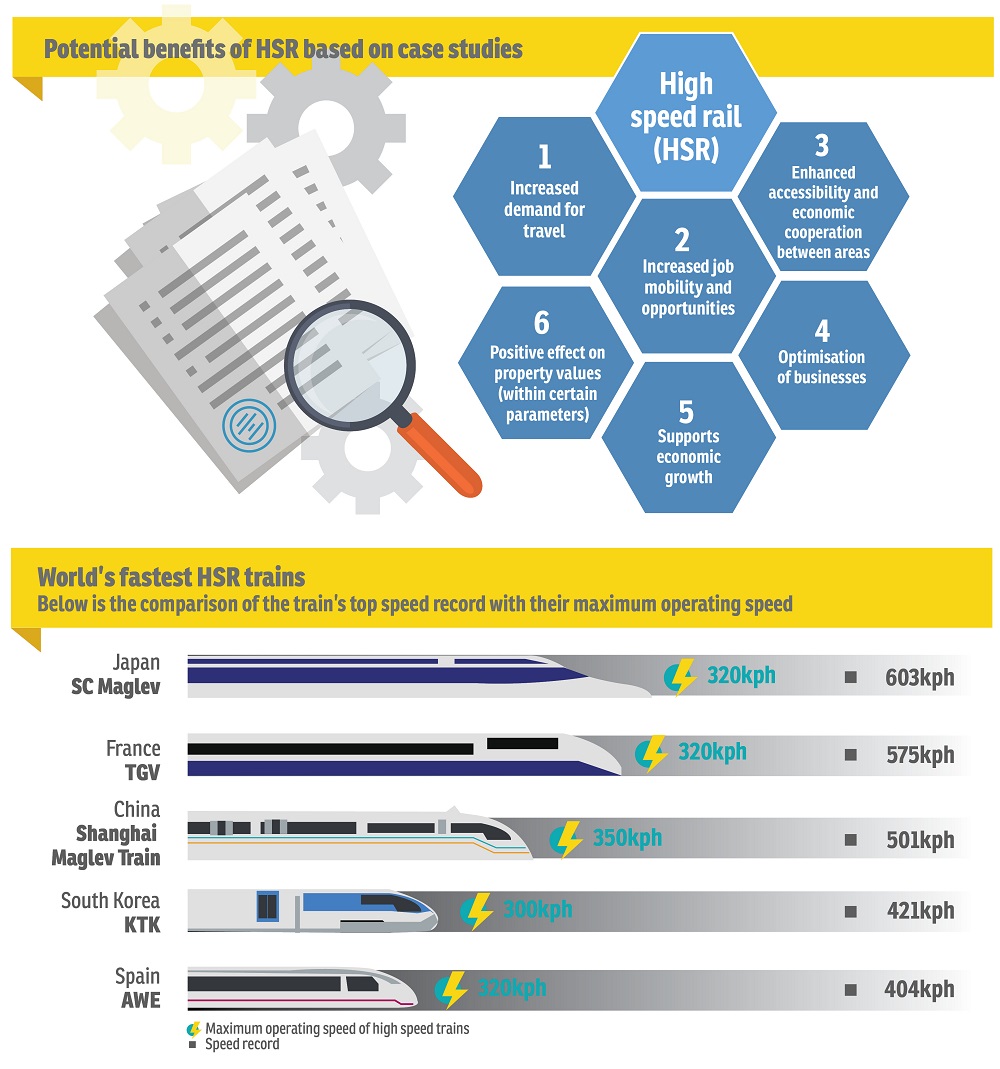
Try out one of our super tools, the rental yield calculator, here.
This story first appeared in TheEdgeProperty.com pullout on Sept 2, 2016, which comes with The Edge Financial Daily every Friday. Download TheEdgeProperty.com pullout here for free.
HSR270816
TOP PICKS BY EDGEPROP
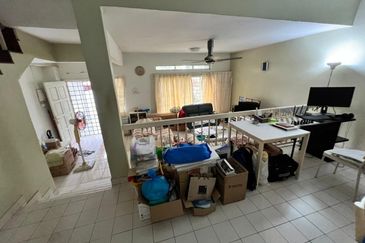
Wangsa Maju Seksyen 5
Wangsa Maju, Kuala Lumpur
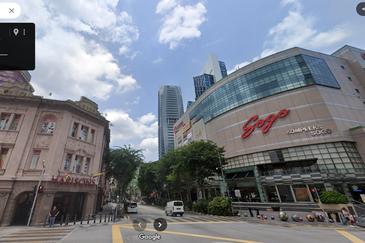
Jalan Tuanku Abdul Rahman
KL City, Kuala Lumpur
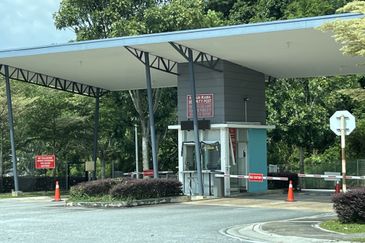
RIMBUN IRAMA @S2 HEIGHTS
Seremban, Negeri Sembilan


